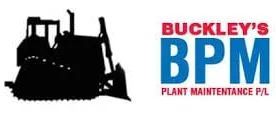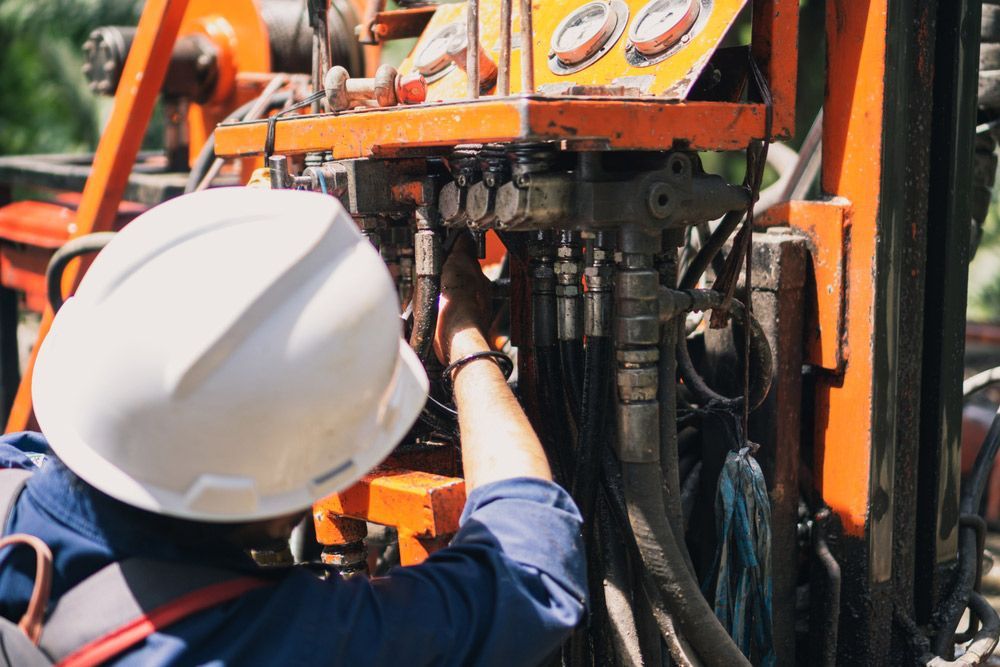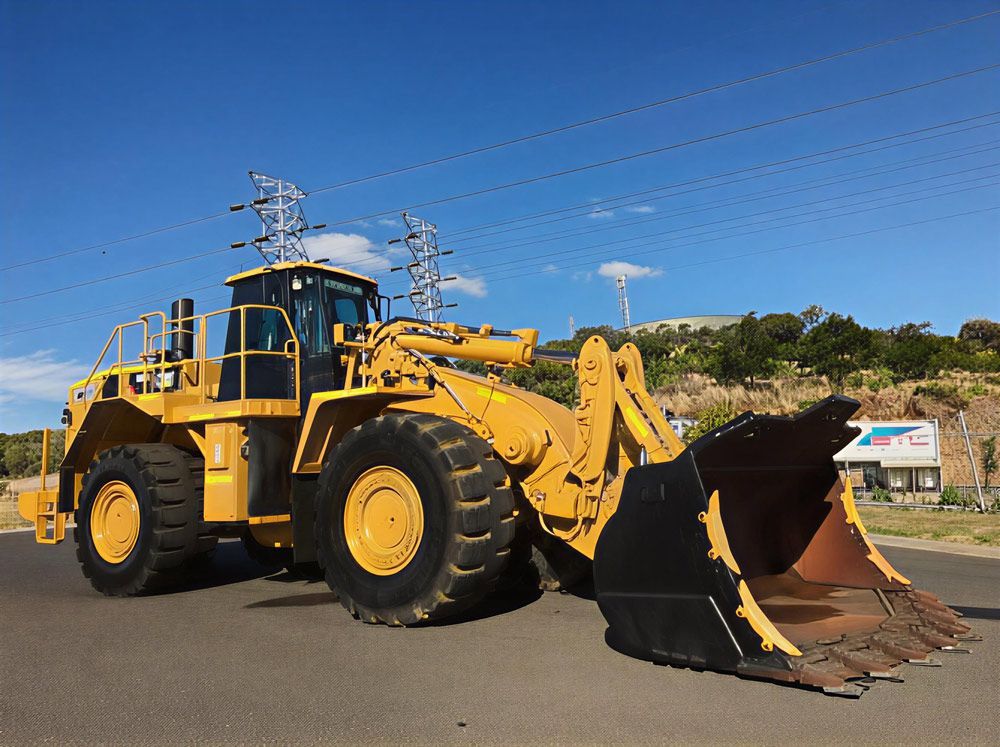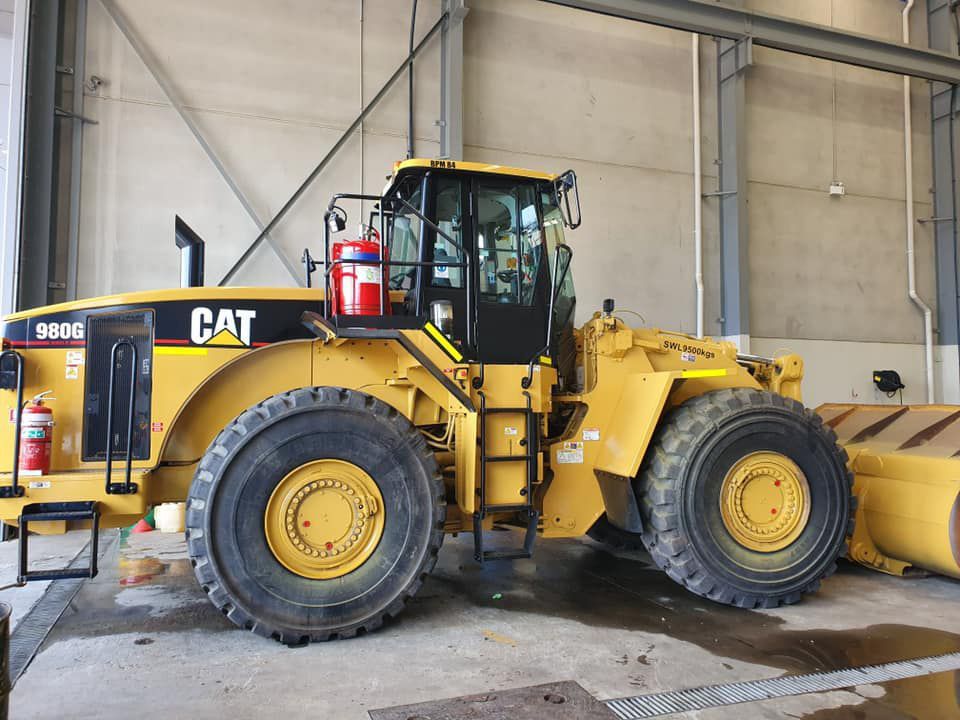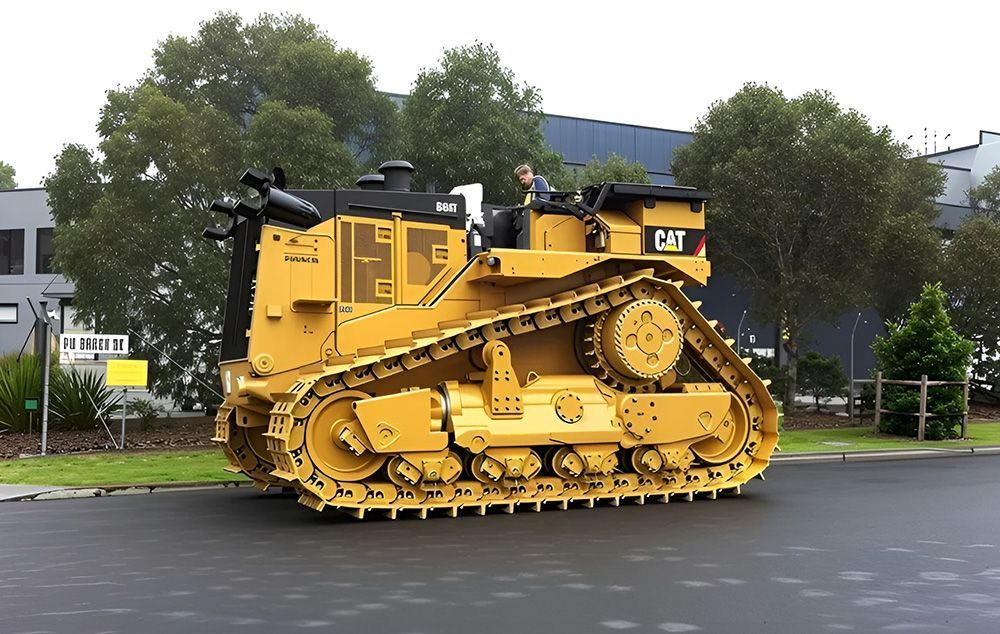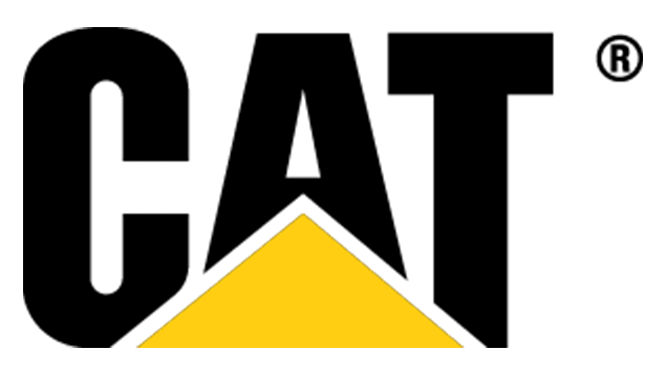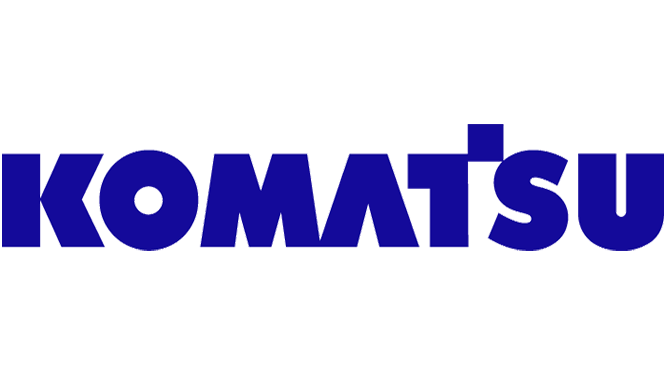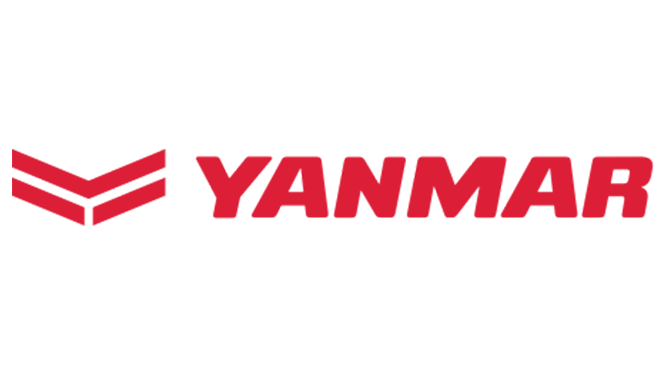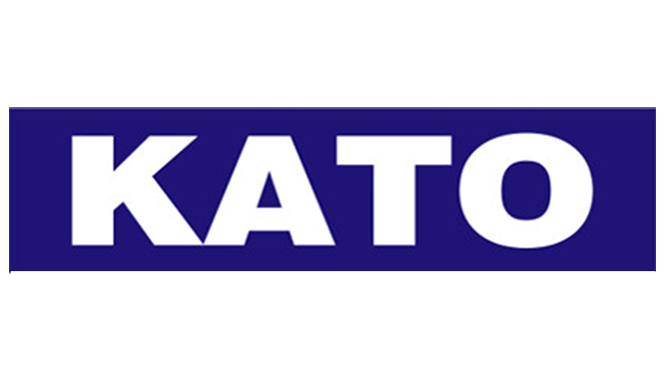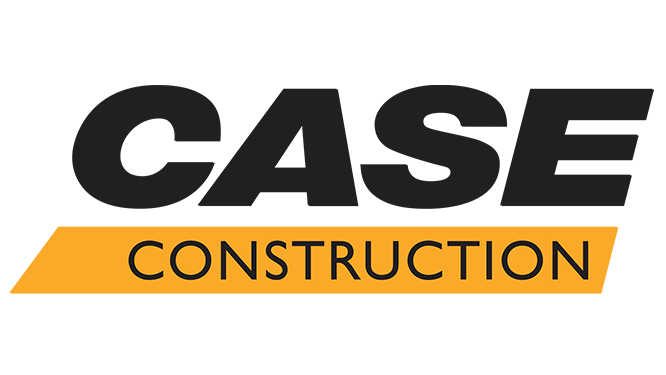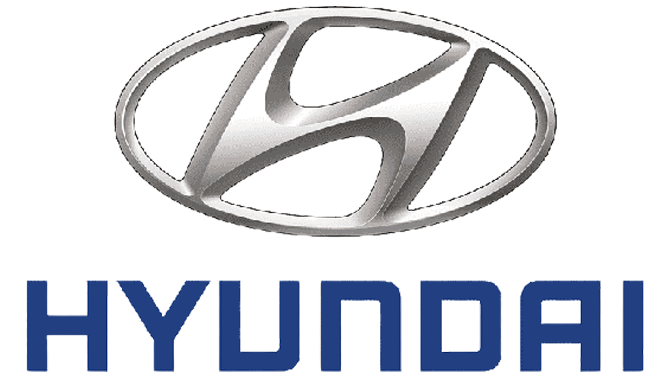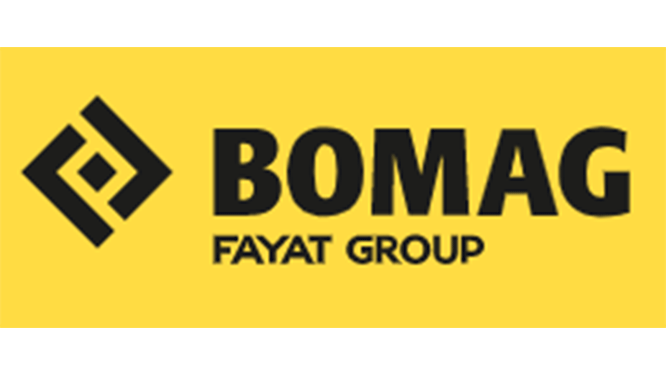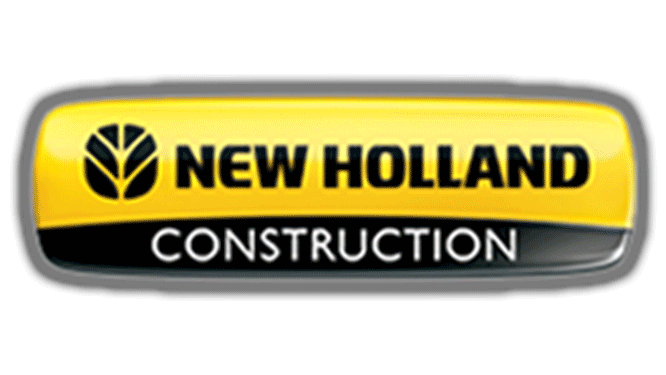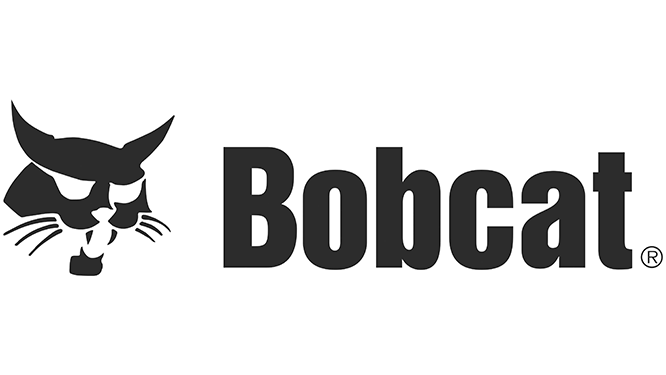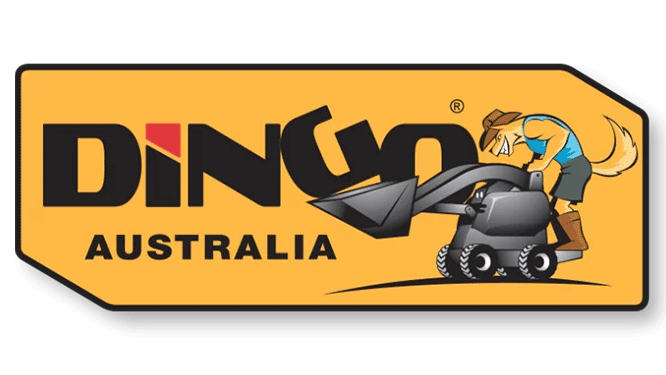8 Essential Maintenance Tips for Heavy Machinery
Maintaining heavy machinery isn’t just a box to tick—it’s a business imperative. Across construction, mining, and industrial operations, machinery represents one of the largest capital investments. Equipment reliability can't be left to chance in regions like Wollongong, where environmental and workload demands are high. Every breakdown risks deadlines and safety. Fortunately, with the right maintenance approach and support from a qualified heavy machinery Mechanic in Wollongong, many issues can be prevented well in advance.
This guide outlines practical and mechanic-approved tips for operators, site managers, and business owners to maximise uptime and machine lifespan. Drawing from real-world experience in plant maintenance in Wollongong, these tips will help you keep your fleet in optimal condition, day in and day out.
1. Follow a Strict Preventive Maintenance Schedule
Preventive maintenance is the backbone of machinery reliability. Unlike reactive repairs, it involves scheduled interventions that address wear and potential failure before it impacts operations.
Why preventative scheduling matters:
- Reduces unscheduled downtime and emergency callouts
- Improves machinery efficiency and fuel economy
- Extends the working life of expensive components
- Ensures compliance with the manufacturer's warranty terms
Your maintenance calendar should align with each machine’s operating hours, age, and exposure to environmental elements like dust or moisture. Partnering with a plant maintenance specialist in Wollongong ensures that your schedule includes site-specific servicing needs.
2. Inspect & Replace Hydraulic Components Regularly
Hydraulic systems are vital to machinery operation, powering everything from arms and lifts to steering and brakes. However, they’re also among the most failure-prone if not maintained properly.
Focus on:
- Hoses & seals – Regularly examine for visible signs of leaks, abrasions, cracks, or bulges. Damaged hoses are one of the most common causes of sudden hydraulic failure.
- Hydraulic fluid – Check fluid levels consistently and monitor fluid clarity. Replace fluid if it shows signs of contamination, such as cloudiness, foaming, or discolouration, which can indicate the presence of water, air, or particulate matter.
- Fittings & connectors – Inspect for any signs of looseness, corrosion, or mechanical damage. Poor connections can lead to pressure drops or dangerous leaks under load.
Early intervention in the hydraulic system can prevent widespread contamination or catastrophic failure, resulting in significant downtime and costly repairs.
3. Track Equipment Hours & Service Logs
Recording equipment hours is more than a formality—it provides the data needed to schedule maintenance accurately and predict future wear.
Keep a log of:
- Engine hours and load cycles
- Maintenance performed (date, task, technician)
- Issues identified during inspections
- Replacement parts and lubrication intervals
Digital maintenance software can streamline this process, but even manual records can be effective if consistently updated. Accurate logging ensures nothing gets missed and makes trend analysis possible.
4. Keep Fluids Clean & Topped Up
Fluids are the lifeblood of heavy equipment. Engine oil, coolant, transmission fluid, and hydraulic oil must be kept at the correct levels and clean to avoid internal damage.
Key maintenance steps:
- Check daily – Especially during high-use periods or extreme weather
- Use quality fluids – Ensure compatibility with manufacturer specifications
- Sample periodically – Look for contaminants or early signs of component wear
- Flush systems – As part of scheduled servicing, to remove old or degraded fluid
Neglecting fluid checks is one of the quickest ways to reduce component lifespan, especially in engines and hydraulics under constant load.
5. Use Only High-Quality Replacement Parts
It might be tempting to cut costs on parts, but it often backfires. Non-genuine or low-quality components tend to wear faster and can create compatibility issues.
Why OEM or high-quality aftermarket parts are worth it:
- Built to fit and perform to original specifications
- Maintain machine warranty and compliance
- Offer longer service intervals and better durability
- Reduce the risk of secondary damage from poor fit or materials
If parts are being replaced often or do not last their full service cycle, it might be time to review your procurement policy.
6. Educate Operators on Pre-Start Checks
Operators are often the first to spot developing faults, provided they know what to look for. When consistently carried out, pre-start checks serve as an early warning system for emerging issues.
A basic pre-start checklist might include:
- Fluid levels and obvious leaks
- Tyre or track condition
- Warning lights and gauges
- Unusual noises or vibrations during warm-up
- Loose panels or missing fasteners
Training operators to complete a daily checklist builds accountability and promotes a safety-first mindset. It also helps reduce the load on service crews who otherwise pick up basic issues.
7. Invest in Condition Monitoring Technology
Gone are the days of relying solely on intuition. Technologies like thermal imaging, oil analysis, and vibration monitoring provide deeper insight into machinery health.
Benefits of condition monitoring:
- Predicts failures early – Especially in bearings, engines, and hydraulic systems
- Improves maintenance planning – Service is scheduled based on condition, not just hours
- Saves on part replacement – Parts are used for their full service life, not replaced early or late
For larger or mission-critical fleets, remote monitoring platforms can offer real-time alerts and diagnostics, allowing for rapid intervention before issues escalate.
8. Partner with a Professional Plant Maintenance Provider
While in-house checks are important, nothing replaces a qualified heavy machinery mechanic for deep servicing and diagnostics. Professional technicians bring specialised tools, industry knowledge, and a trained eye that can identify issues your team may overlook.
What to expect from a plant maintenance provider in Wollongong:
- Tailored maintenance programs based on local site conditions
- On-site repairs and component rebuilds
- Compliance inspections and safety assessments
- Access to emergency breakdown response
Partnering with a reputable service team ensures continuity, cost savings, and access to technical guidance when needed.
Get in Touch with Us for Heavy Machinery Maintenance
At Buckley’s Plant Maintenance, we understand that downtime impacts productivity and profits, so we deliver reliable, end-to-end heavy equipment maintenance in Wollongong. Backed by over 50 years of hands-on experience, our team offers tailored solutions, including scheduled servicing, hydraulic system repairs, and 24/7 emergency breakdown response.
Whether you're running earthmoving gear, construction machinery, or specialised plant equipment, we’re here to keep your fleet operating safely, efficiently, and with minimal disruption.
Call us today to learn how we can support your heavy equipment maintenance requirements.
